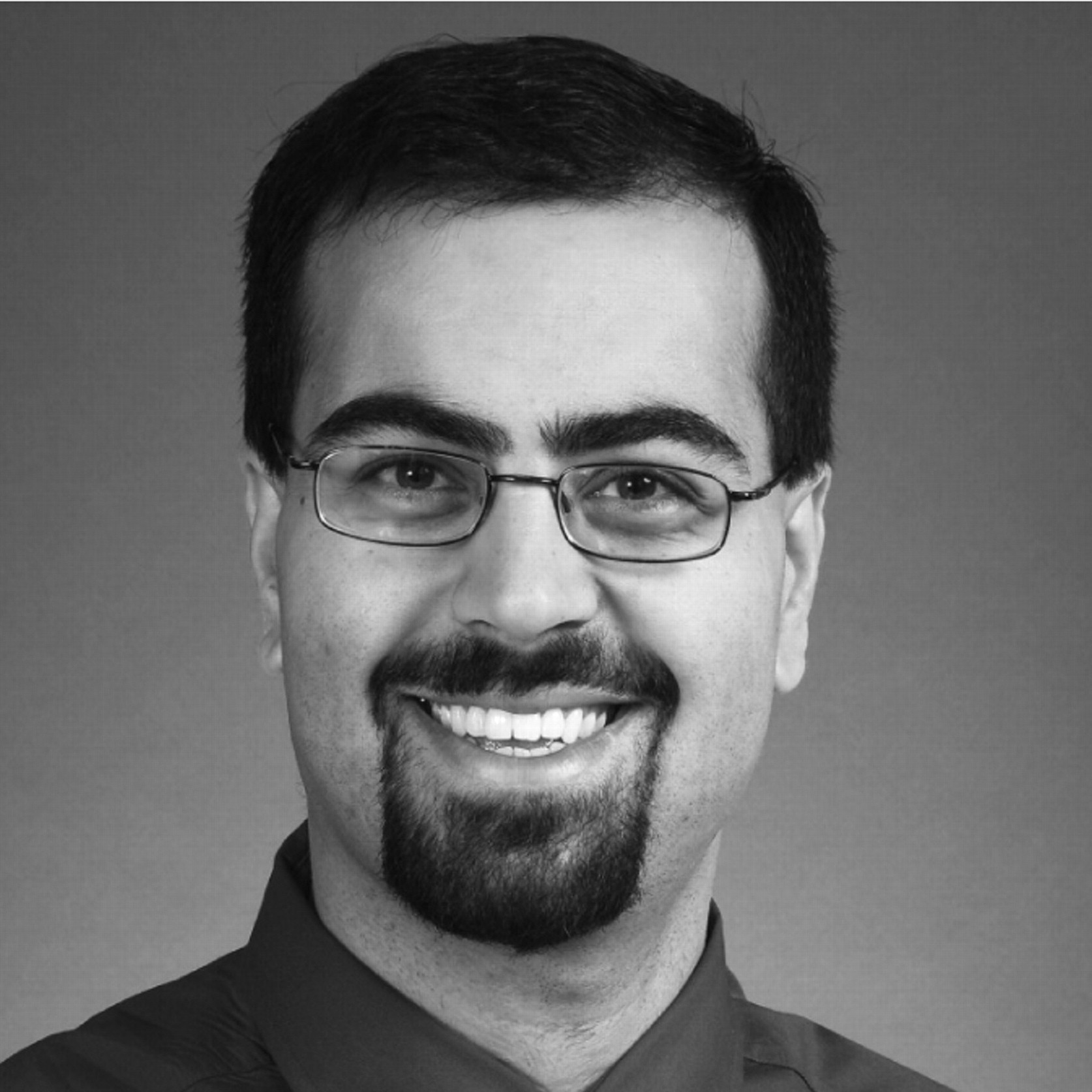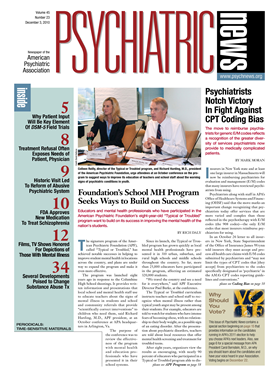I am running to be your next member-in-training (MIT) trustee because MITs are the most important voice in APA. We will be the most affected by every decision APA makes today, because we and our patients will face the consequences for our entire careers. APA will depend on our dues and advocacy in the future, which means that APA needs to invest in supporting us now. In conversations with trainees nationwide, you have asked APA for better listening and communication, expanded mentoring/networking, and continued advocacy for trainees and patients. I have worked on all three during my past organized-medicine service, and would be honored to do so again as your representative on the Board.
As a student at the University of Pittsburgh and Carnegie Mellon, I worked in hightech labs, free clinics, community and academic hospitals, a stand-alone psychiatric hospital, and a public-health organization in rural India. I saw the challenges facing psychiatry, but I also saw the tremendous power of organized physicians to overcome those challenges. I had the privilege of serving as chair of the AMA's Medical Student Section, on the board of the AMA's Political Action Committee, and on numerous policy and planning committees. I learned the complexities of the legislative process and academic medicine, but more importantly, I learned to work collaboratively with my peers and with senior physicians. In all those groups, we built new channels to communicate with members and made our organizations more responsive, just as I hope to do within APA.
I currently represent MITs from Area 7 (the western U.S. and Canada) in the APA Assembly, which has introduced me to the challenge of communicating with many sparsely populated states. I also serve on the ACGME's Psychiatry Residency Review Committee, which lets me learn from residents and fellows in programs of every size and focus. As MIT trustee-elect, I would continue those conversations and work to direct APA resources to the three areas you have identified as priorities:
■ Improve communications to and from APA and our MITs.
□ Electronically (social networking, e-mail, and a better APA Web site)
□ In person (MIT leaders holding “town-hall” events locally and at meetings)
■ Expand mentoring/networking for MITs with diverse needs.
□ Developing state and local mentorship programs, for MITs interested in private and community psychiatry
□ Networking and social events at national meetings, for researchers and those interested in psychiatric subspecialties
□ Both the above plus better connections to other national groups, for underrepresented minorities within psychiatry
■ Strengthen advocacy for MITs and our patients.
□ Work through the AMA to promote psychiatry's value to other specialties and establish us as a “medical home” for our patients
□ Advocate for MITs' access to employee benefits, child care, and duty-hour regulations that recognize our unique needs
□ Actively promote access to psychiatric care and psychiatrists' unique role in the mental health care team
I am grateful for the chance to serve and represent you this past year, and I ask for your support once more in order to continue being a strong voice for you and your patients.
Primary Professional Activities and Sources of Income
Professional Activities
100%—Psychiatry resident (research track), University of Washington Medical Center/Harborview Medical Center/Seattle VA Medical Center
25%—Research (neurostimulation for treatment of severe mental illness)
Income
100%—Psychiatry resident, University of Washington

